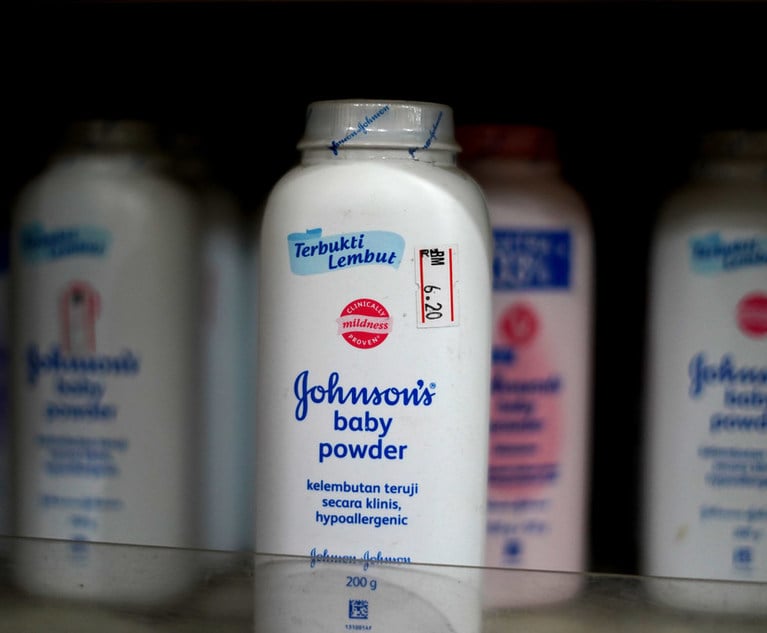In 1987, the Supreme Court published R.1:19-3 which established an Advertising Committee. Among other responsibilities, it was (1) to provide advisory opinions to insure compliance of attorney advertising with New Jersey’s Rules of Professional Conduct (RPC) and (2) to adopt appropriate guidelines consistent with the RPCs. The standard for determining compliance with the RPCs, in accord with United States and New Jersey Supreme Court ethics decisions, requires the committee to determine whether the marketing of an attorney’s services, as communicated to the public, are “primarily informational.” Attorneys marketing their services may not compare their services or fee structure with other attorneys. This “comparison” restriction was abandoned by the ABA in its model rules but in 2004, our Court declined to follow the ABA’s lead and continued the comparison restriction.
The rationale of the comparison prohibition was that such comparisons would materially mislead the public by creating unjustified expectations as to results. Marketing language that uses honors, awards or accolades given to the attorney by outside organizations is believed by the court to be impermissibly comparative.


 Credit: Oleg Krugliak/Shutterstock.com
Credit: Oleg Krugliak/Shutterstock.com




